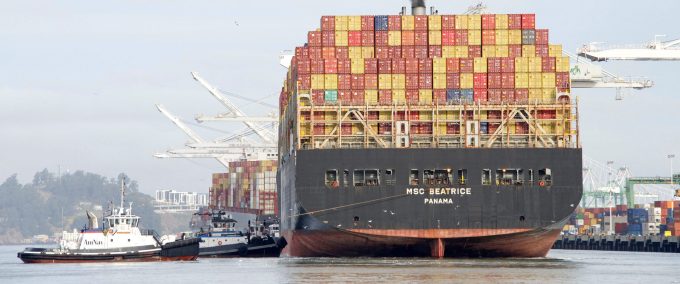MSC to launch new Oceania-US east coast Eagle service next year
Australian and New Zealand exporters to North America are set to get the second direct ...

MSC CEO Soren Toft believes the economy will remain globalised, but Africa will play a much more prominent role as the world transitions to more sustainable fuels.
At a Paris conference panel discussion, “Charting a new economy”, Mr Toft told delegates: “The future economy will still ...

Comment on this article